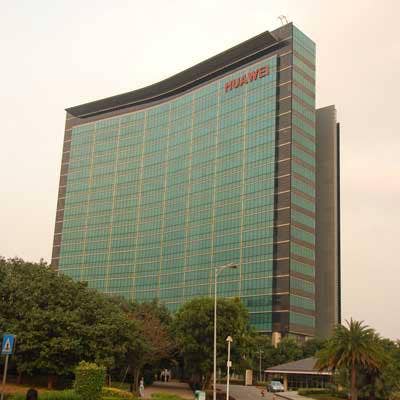Huawei Sales Exec Charged With Espionage In Poland

Huawei Technologies Co. has hit yet another high-profile roadblock.
The Chinese tech giant's sales director in Poland, Weijing W., also known as Stanislaw Wang, was arrested by Poland's Internal Security Agency earlier this week and charged with espionage.
The arrest comes one month after the company's CFO and deputy chair of the board of directors, Meng Wanzhou, who is also the daughter of Huawei's founder, was arrested in Canada at the behest of the United States and accused of misleading financial institutions about the connection between Huawei and an unofficial subsidiary called Skycom that allegedly did business in Iran, breaking U.S. trade sanctions in place against the Middle Eastern country.
[Related: Huawei CFO Faces Fraud Allegations Related To Iran Sanctions Violations]
Wang, a Chinese national, was taken into custody, and Polish authorities also reportedly arrested a Polish citizen named Piotr D., a former Internal Security Agency official, who works for Polish telecom company Orange Polska. The Polish Government said that it has evidence that the two "cooperated with Chinese services" to spy on Poland.
Wang had worked for Huawei Polska for the past seven years, according to a LinkedIn profile identified by the Wall Street Journal. He worked as public relations director for five years and then as sales director for the company. He previously worked as an attache to the Chinese general consulate in Gdansk, Poland.
Local police conducted searches of both Wang and D.'s homes on Tuesday. Local reports in Poland said that the Internal Security Agency officers also searched Huawei's headquarters in Poland and an Orange office where the Polish citizen worked.
Neither Huawei, nor Orange Polska could be reached for comment by CRN prior to publication.
“Huawei is aware of the situation, and we are looking into it,” a Huawei spokesman said in a statement released to the Washington Post and other media organizations on Thursday.
In January 2018, two of the largest telecommunications providers in the U.S. --AT&T and Verizon -- reportedly broke their deals to sell Huawei devices because of mounting political pressure at the time.
Reports at the time suggested that renewed fears from U.S. government agencies and lawmakers around Huawei's suspected ties to Chinese espionage efforts, an issue that has plagued the company for nearly 15 years, was to blame for the erosion of the deals.
More recently, the U.S. has been blocking Huawei from supplying next-generation equipment as the country builds out its 5G infrastructure. Other countries that have banned the provider from their 5G networks so far have been Australia and New Zealand.